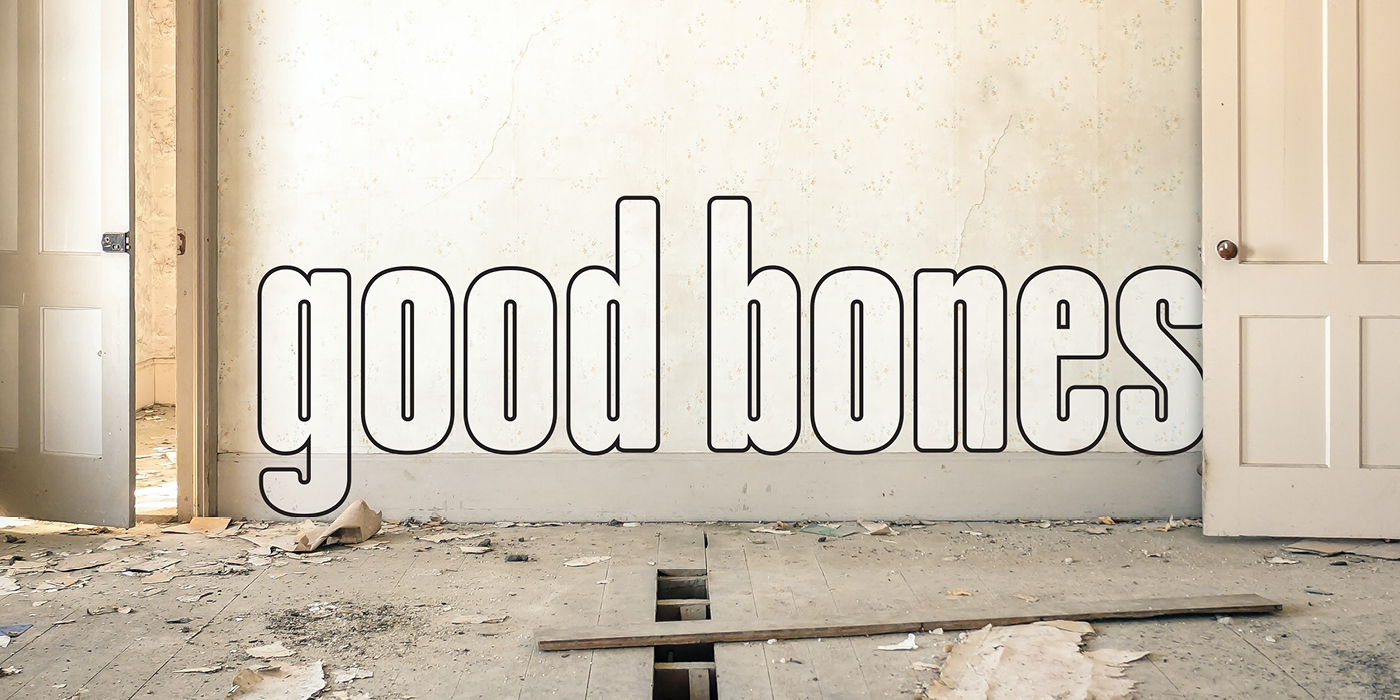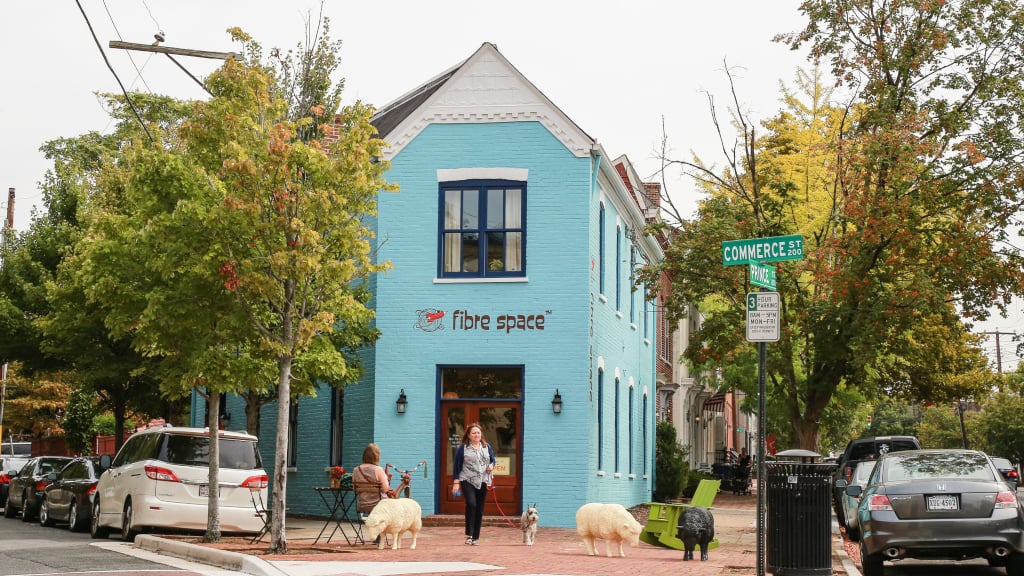Good Bones is a story that could happen in many cities, but the circumstances that inspired it tell a tale of two cities: DC, where playwright James Ijames first conceived of the story, and Philadelphia, his adopted hometown.
It started in DC, when Studio Theatre commissioned a play from the future Pulitzer Prize-winner. “When I was down in DC for my residency, to see the spaces and a show here, I went on a walking tour… My tour guide kept pointing out places that used to be different things: ‘This used to be this. This used to be that,’” Ijames told the play’s dramaturg, Adrien-Alice Hansel. “This really is a play about haunting. You displace people. The history is still there, the energy of that community that used to be here is still there.”
“What does it mean when we just remove people?” Ijames asks. “The play seems like it’s about gentrification, but I hope it’s actually talking about how a person or people enter into a community and become a part of that community.”
Aisha and Travis, the neighborhood’s newcomers in the play, are an upwardly mobile Black couple. Ijames, a North Carolina native, drew on his own experience of becoming a homeowner in a Philadelphia neighborhood that was also seeing a rise of property values. “As a Black person moving into a neighborhood that is gentrifying, I am also changing the landscape of that place, and so what does that mean for me?”
DC and Philadelphia are cities that take pride in their history, preserving it in museums and memorializing it with monuments. But Good Bones asks us to consider that the history of a city is in every street and building, a story told not just by what is preserved, but also by what is allowed – or forced – to disappear.
Studio Theatre’s world premiere of Good Bones will start performances May 10. Tickets are available at studiotheatre.org. For more information, click here.







